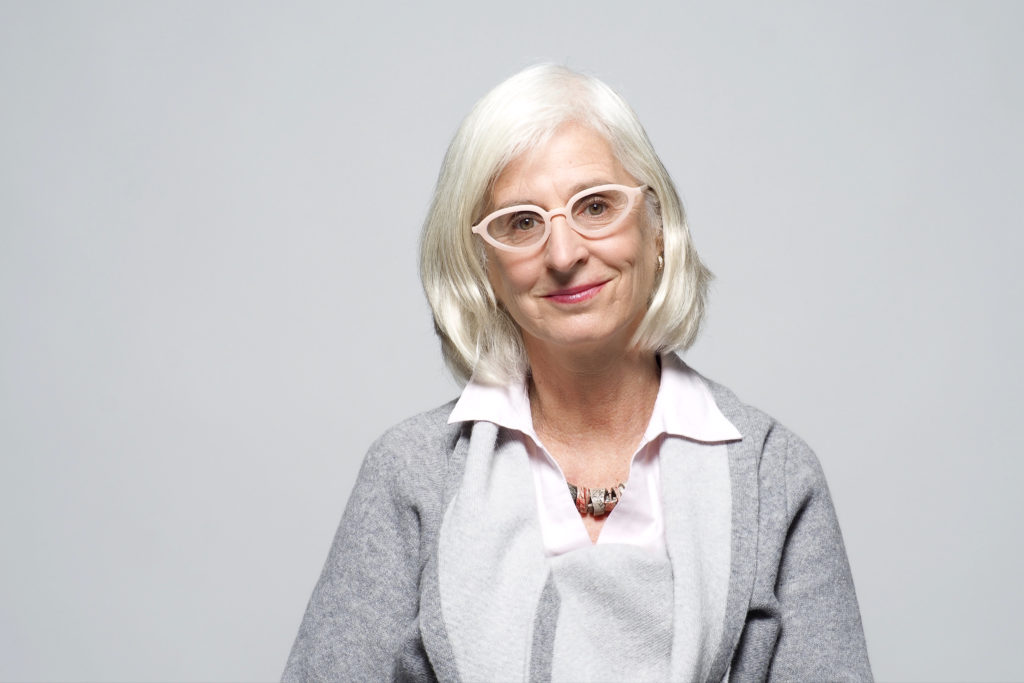
It’s About The Touch by Roberta Schwartz
.
What I miss most during the pandemic is the ability to reach out and fearlessly, lovingly touch others. My youngest son David recently celebrated his 29th birthday. My husband and I spent two days preparing his favorite foods, ones which he associates with comfort, tradition and warmth. Mashed potatoes with gravy, roasted chicken with Italian plums, onions, rosemary and lemon, and a chocolate cake with raspberries and milk chocolate buttercream signaled the windfall from the harvest available at our public market and in our pantry. They marked the end of fall and the onset of winter when he was born.
David was pleased to spend his birthday with his fiancé, and with his older brother and girlfriend at our place. Nonetheless, he felt nervous about those coronavirus particles which might infect all of us. He’s a nurse working in a nursing home and COVID has loomed large in his world. So he sat huddled off in a corner of the living room. We could barely see his face; he wore a hoody and an oversized mask. Only his dark eyes peered out at us. He asked us to pack up some of the food, since he didn’t feel comfortable removing his mask in our presence. “I don’t want to take the chance of infecting you. I love you.” I just wanted to hug him. I missed putting my arms around him. I missed the sense of wellbeing that touch provides.
So where do I turn to reconnect with that sense of touch that is wise to avoid in 2020? Luckily, my husband of 39 years is a willing participant. Tethered to his computer for at least 10 hours a day preparing Zoom lectures for his college students, he welcomes the chance to hold my hand during a walk or to snuggle in with me and relax at the end of the day. We cook and eat our meals together and take pleasure in the aromas drifting through the house. Those activities take shape in a kind of cocoon and I frequently find myself looking back to the pastimes I’ve enjoyed over the years.
While sewing those masks made from delicately woven fabric as filmy as a cobweb, I felt the presence of the Jewish tailors and seamstresses who came before me in my family, and the textile workers in Hebron, who struggle to survive.
Weaving tapestries on a loom, sewing patchwork quilts and making fabric collages have always brought me joy and helped me to engage in thinking with my eyes and my hands. These works belong to my personal side; they are never for sale, although I’ve given them to family, friends, and acquaintances who seem drawn to them. It’s about the touch, the texture, the tangible which I find so delightful, particularly now that the pandemic has shut down our ability to touch one another.
When the pandemic first felt real in our hometown of Rochester, NY I used up my fabrics to sew and give away 500 masks. I put out a call for free masks on an online site called Nextdoor. Calling my venture “Mask-R-Aid,” I’d take orders, promise them on particular days, sew them up, include washing instructions and deliver them in plastic baggies to front doors, apartment lobbies or mailboxes. It was exhilarating to be productive instead of fretting and awaiting more bad news about the pandemic. Those masks took me all around the city and the suburbs; some people peeped their heads outside to say hello and thanks, others returned the favor by supplying me with elastic, fabric remnants and thread. Once a bouquet of fresh flowers showed up at my doorstep. Another time I discovered tiny bottles of olive oil in my mailbox.
I spoke about the Mask-R-Aid project with my friend Bshara, who had recently opened the Museum of the Palestinian People in Washington DC. The pandemic had made the Museum’s beginnings precarious. It had also brought my grant-writing work in support of the museum to a halt. Bshara asked me if I would be willing to donate my time and sew masks from keffiyehs in Palestine. The masks would be sold to support both the Museum and the keffiyeh industry. He sent me yards of fabric from the Herbawi Textile Factory in Hebron, which is the only remaining keffiyeh factory in Palestine. While sewing those masks made from delicately woven fabric as filmy as a cobweb, I felt the presence of the Jewish tailors and seamstresses who came before me in my family, and the textile workers in Hebron, who struggle to survive. A painting of a Jewish tailor hovering over his sewing machine hangs on the wall next to my sewing machine. He’s absorbed in his work as I am in mine. Touching the fabric and stitching it into a mask brings comfort, healing, protection and a satisfying sense of togetherness, even in times of social distancing.
◊
Photograph by Adam Eaton
All audio, text and images are under copyright © Neelum Films LLC






Leave a comment